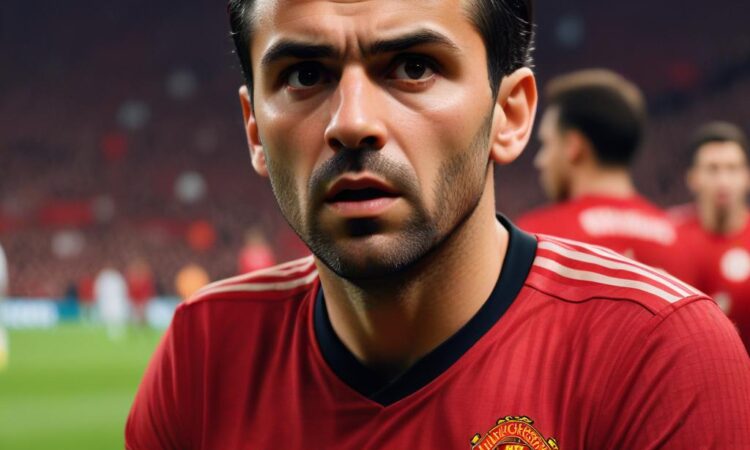A Lot of Egos Will Be Furious – Sutton on Amorim’s United Dig
Right, let’s dive into this juicy drama. Ruben Amorim, manager of Sporting CP, threw some serious shade at Manchester United after their recent Champions League clash. He basically called them, and I quote, “the worst team, maybe, in the history of Manchester United.” Ouch. That’s a bold statement, even for a football manager.
Now, you’d think this kind of comment would just blow over, right? Wrong. The football world exploded. Social media went into meltdown, pundits are having a field day, and honestly, I’m here for the chaos.
The Monday Night Club panel, a group of football legends (and let’s be honest, a few characters), got together to dissect Amorim’s comments and, well, the fallout has been epic. Chris Sutton, a notorious wind-up merchant himself, had this to say: “A lot of egos will be furious.” And he’s absolutely right.
Think about it: you’re Manchester United, a club steeped in history, with a global fanbase, and some guy from Sporting CP is calling you the *worst* ever? Yeah, that’s going to ruffle some feathers. It’s like a red rag to a bull, or maybe a red card to a… well, you get the picture.
The panel went on to discuss the potential consequences. Some argued that Amorim’s comments were simply a case of post-match frustration, a bit of hot air after a disappointing result. Others suggested it’s a calculated move, designed to stir up controversy and get under the skin of United. And let’s be real, it worked.
The debate raged on about whether Amorim’s statement was justified. Was it fair to judge United based on one match? Was it just a bit of hyperbole, or a genuinely damning assessment? The truth probably lies somewhere in between. But one thing’s for sure: it certainly wasn’t boring.
The panel delved into the tactical aspects of the match, analyzing where United went wrong and whether Amorim’s assessment of their performance aligned with the facts. They dissected United’s lineup, formations, and individual player performances, questioning whether Amorim had a point or was simply engaged in some clever mind games.
What’s fascinating is the broader implications. This isn’t just about two teams; it speaks to the competitive nature of football, the egos involved, and the lengths managers go to gain an edge, both on and off the pitch. It’s the kind of drama that makes football so compelling.
Of course, we’ll have to wait and see what happens next. Will United respond with a resounding victory? Will they ignore Amorim’s provocation? Or will we see a war of words that escalates into something even more explosive? Only time will tell. In the meantime, the popcorn is ready.
But beyond the immediate reaction and the post-match analysis, the incident highlights a deeper point. The pressure on managers at top clubs is immense, and often leads to outlandish statements in the heat of the moment or calculated strategies to put opponents off their game. It’s a high-stakes game, after all.
The panel also touched upon the role of media in amplifying these kinds of comments. Did the media play a part in escalating this whole thing? Absolutely. The constant need for headlines and breaking news certainly contributed to the firestorm. But that’s part of the game, too. It’s a symbiotic relationship: controversy sells, and the media knows it.
So, what have we learned? Amorim’s comments were certainly provocative, they generated a mountain of discussion, and they highlighted the intense rivalry and competitive spirit within the football world. And, as Sutton said, a lot of egos are likely very, very furious. And maybe, just maybe, that’s exactly what Amorim wanted.
This whole thing is a reminder that football is more than just a game; it’s a spectacle of emotion, ambition, and occasionally, a bit of shocking honesty.
The incident also raises questions about sportsmanship and professionalism. Was Amorim’s outburst acceptable, or did he cross a line? The debate continues, and it’s a conversation worth having.
Ultimately, this drama shows just how captivating and unpredictable the beautiful game can be. It’s the kind of story that keeps fans hooked, and it’s a reminder that even off-field events can be just as exciting as the matches themselves.

